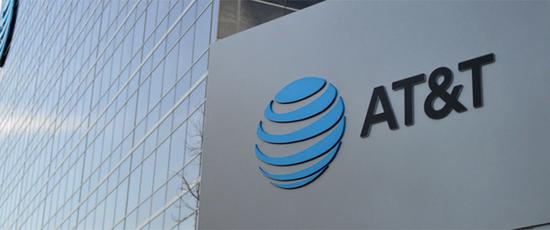
On November 21, according to CNBC, the U.S. Department of Justice has filed a lawsuit against AT&T, challenging its $85 billion merger with Time Warner. The deal, which aims to combine content creation and distribution, has sparked significant legal and political debate.
David McAtee, AT&T’s senior executive vice president and general counsel, criticized the government's approach in a statement: “The Justice Department’s actions are overly aggressive and confusing, departing from decades of antitrust norms. Vertical mergers like this are typically approved because they benefit consumers and do not eliminate market competition. We believe our merger should be treated no differently.â€
AT&T has launched a dedicated website to explain the transaction and defend its position. As media outlets began reporting that the DOJ was preparing a major antitrust challenge, Time Warner’s stock price dropped sharply. The Justice Department claims the merger is “illegal†and “harmful†to consumers, raising concerns about potential market dominance and reduced competition.
This move has also stirred controversy due to the close relationship between Donald Trump and CNN. The President has frequently criticized the network, calling it “fake news.†Just last week, he tweeted: “In the Philippines, I was forced to watch CNN’s show. This is something I haven’t done for months. I realize once again how bad it is. How false is it. Losers!â€
The DOJ has denied allegations that its opposition to the deal is politically motivated or aimed at punishing CNN. White House Press Secretary Sarah Huckabee Sanders stated that neither the President nor any administration officials are involved in pushing for the merger. The next phase will involve court proceedings, where the DOJ must prove that the merger violates antitrust laws.
AT&T argues that over the past 50 years, the DOJ has never successfully blocked a vertical merger. These types of deals occur when two companies operate at different stages of the supply chain—such as content production (Time Warner) and distribution (AT&T). While the merger is primarily vertical, the DOJ may argue that it could lead to higher costs and harm consumers.
According to sources, the Justice Department has reached out to at least 18 state attorneys general to support a lawsuit against the deal, though none have officially joined yet. AT&T’s McCarty said in a statement: “We believe the court will reject the government’s request and approve our transaction based on long-standing legal precedents.â€
UL Teflon Cable,FEP electronic cables,High Temperature Cable,Copper PVC Cable
Jiangyin City Weicheng Special Cable Co.,Ltd , https://www.weichengcable.com